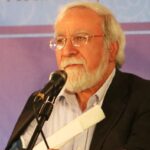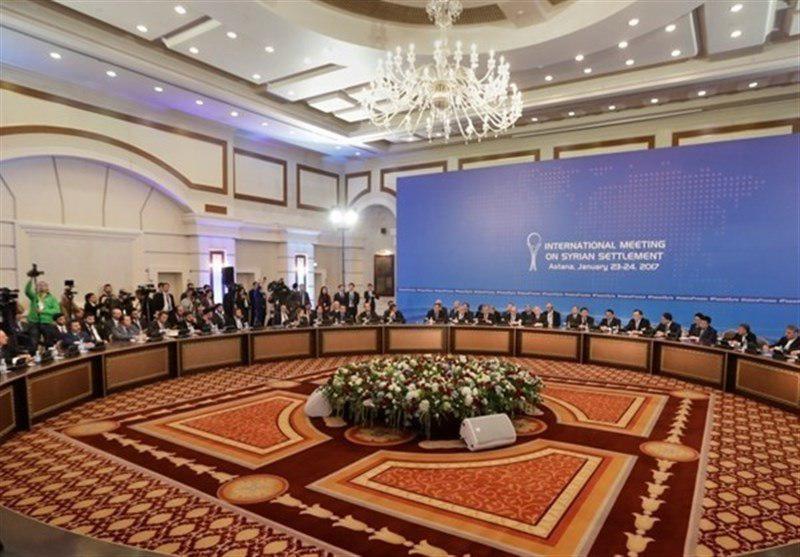
Here is the full text of the interview:
After a few rounds of peace talks in Astana, now there is a clearer image of the Syria war and the positions different parties hold in this issue.
The summit was held after Iran, Russia and Turkey decided to initiate direct negotiations between the official delegation of Syrian government and the armed rebels.
The statement released at the end of Astana talks explained the different political and diplomatic axioms of the Syrian crisis invoked by the three countries that arranged the ceasefire between the two parties of the war.
Besides calling for a lasting ceasefire and helping the war-hit people, the statement emphasized the need to abandon the armed conflicts and start serious political bargains.
The reaction shown by the rebel party, who tried to create an unusual atmosphere for diplomatic negotiations, however, should be considered as a propagandist one: the rebels expressed their discontent just after the statement was made, and laid down conditions for participating in the future negotiations. Such behaviour shows that they wouldn’t enter the negotiations if were the conquerors of the battlefield.
The rebels endeavour to boost the morale of their associated forces throughout Syria. Such positions are widely supported and urged by Saudi Arabia; some factions receive support from Qatar: by adopting an opposing position, they somehow put pressure on other parties to give them advantages.
The debate is going on between the two sides: Syria, Iran and Russia on the one hand, Turkey as the intermediary between these countries, and armed groups and terrorists on the other hand. Turkey should convince them to participate in the peace talks.
Although the first step was taken, by taking such a stance, the rebels make way for more bargains. Turkey participated in the preparation of the final statement, and at the same time, expressed its opposition as announced by the rebels.
The issue is still being raised in the form of bargains: coming days and weeks will make it clear that how long the ceasefire will last; whether the rebels intend to violate it again or not. In case of violation, the Syrian government and its allies will be practically able to have the upper hand in the battlefield.
The opposition is facing another problem, too: the other rebels who didn’t participate in the negotiations. They raise accusations against the ones who attended the talks; however, the conditions set at the end of Astana Process show that rebels want to hypocritically indicate they were considerate of other parties’ opinions as well.
The negotiations have already left an opening: the parties have committed themselves to the peace talks and ceasefire. It shows that the past is over, and the Syrian issue has entered a new phase. The transmission from military to political phase has taken a lot of energy.
If the advantages given to the rebels are reckoned and other countries recognize them, other opposing forces will be attracted to the negotiations. If they are still willing to continue the military option, no one could guarantee that their main groups, namely terrorists, will remain safe from the attacks of any other party in the Syrian scene.
There are two parallel ways here: the way pursued by the groups who respect the ceasefire, and the one of whoever doesn’t believe in peace talks. Now that Trump is the US President, Washington will likely cooperate with Russia in a limited framework, even if the measures and orientation of this cooperation aren’t still clear. The US may give Russia some advantages to depict its huge propaganda of fighting against terrorist groups until their annihilation.
The volatility of Syria’s situation and diverse possibilities should be considered in political views, as everything will be uncertain until all secretaries and undersecretaries of Trump administration are appointed, and start their foreign visits.
